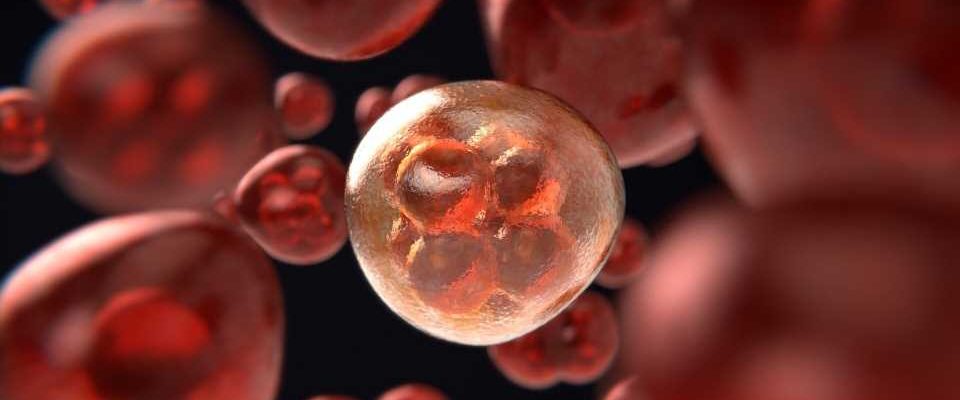
The Mays Cancer Center at The University of Texas Health Science Center at San Antonio recently conducted a clinical trial combining two drugs in patients with recurrent, high-grade glioblastoma (GBM). The Mays Cancer Center, one of the four National Cancer Institute-Designated Cancer Centers in Texas, is the only center in America to conduct this trial.
Andrew Brenner, MD, Ph.D., professor of medicine at the UT Health Science Center San Antonio and a specialist in both breast cancer and malignancies of the brain and spinal cord, initiated the clinical trial.
“Glioblastoma is the most common and unfortunately the most aggressive primary brain tumor,” Brenner said. “The average survival for a newly diagnosed GBM is 20 months, and that’s only a four-month improvement in survival from 2005, when we began following surgery with chemotherapy and radiation.”
Deadly disease
Glioblastoma has claimed the lives of many well-known figures. U.S. Sen. Edward M. Kennedy died of GBM in 2009. Beau Biden, son of President Joe Biden, succumbed to the disease in 2015. Sen. John McCain lost his battle with GBM in 2018.
“That is the landscape in which we work,” said William Kelly, MD, Mays Cancer Center medical oncologist and assistant professor of medicine at UT Health Science Center San Antonio. “GBM comes back after treatment in almost all patients, and when it does, survival is extremely poor. There is a desperate need for more therapies to treat these patients.”
The treatment consisted of a standard-of-care chemotherapy called bevacizumab (brand name Avastin) combined with a small-molecule fatty acid synthase inhibitor called TVB-2640 (or Denifanstat). Glioblastoma tumors rely on their ability to make fatty acids for growth.
The Mays Cancer Center enrolled and treated 25 patients with GBM. Side effects such as rashes, dry eye and fatigue were mild, and researchers noted an improvement in six-month progression-free survival.
Hope tempered with realism
No current therapy improves survival in recurrent GBM. Indeed, the overall survival of participants in the Mays Cancer Center study was not statistically significant compared to historic controls (patients with high-grade GBMs who weren’t in the study and were treated with bevacizumab only).
However, the fact that the drug combination was able to arrest cancer progression for six months in a greater number of patients with high-grade GBM was noteworthy. “This gives us hope, although we are always simultaneously realistic about the disappointing history of treating these diseases,” Kelly said.
The results were published in Clinical Cancer Research, a journal of the American Association for Cancer Research.
More information:
William Kelly et al, Phase II Investigation of TVB-2640 (Denifanstat) with Bevacizumab in Patients with First Relapse High-Grade Astrocytoma, Clinical Cancer Research (2023). DOI: 10.1158/1078-0432.CCR-22-2807
Journal information:
Clinical Cancer Research
Source: Read Full Article
